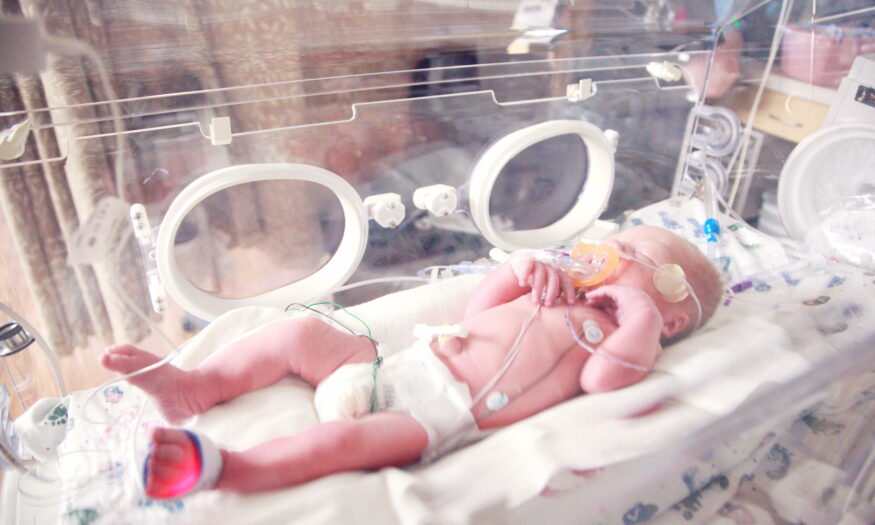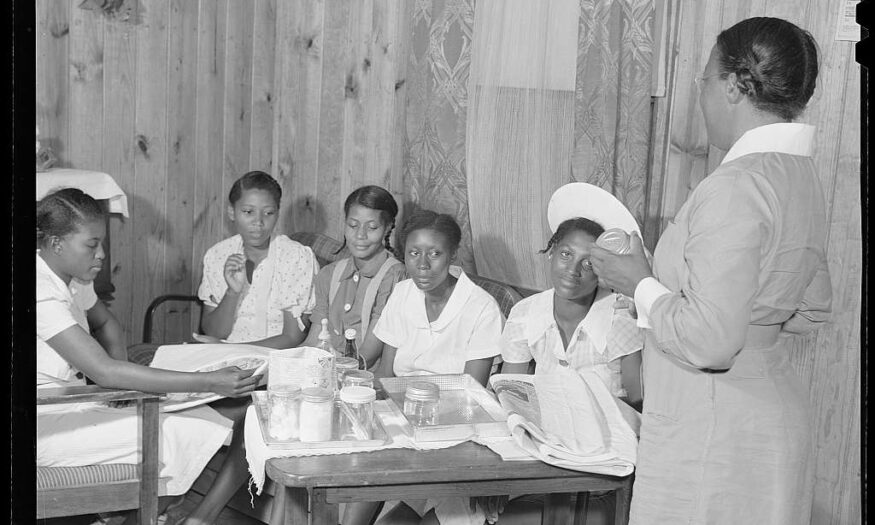Miscarriage
 Illustration by Paulina Méndez
Illustration by Paulina Méndez
The following text uses the word “pussy*” as defined by Pussypedia.
by Ash Harlan, CNM
What is Going On?
A miscarriage is when a pregnancy ends spontaneously prior to 20 weeks.1 For most people who experience a miscarriage, the common symptoms are bleeding and/or cramping.2 Sometimes a miscarriage presents with no symptoms and may be diagnosed at a healthcare provider visit. A miscarriage is confirmed by an ultrasound. If the ultrasound shows that the embryo does not have a heartbeat then a miscarriage is confirmed. Blood tests that show low or decreasing levels of human chorionic gonadotropin (hCG) hormone can also determine a miscarriage.1
The process of creating a human is incredibly complex, and requires a series of events to go just right. Miscarriages in the first trimester of pregnancy (up to 14 weeks of pregnancy) can occur for many reasons. About half occur because of chromosomal abnormalities that result in errors in the process of parental DNA splitting apart and recombining.2 The DNA pieces may miss the right spot, or disappear, or make an extra copy. These errors are called “chromosomal abnormalities.”3 Sometimes chromosomal abnormalities cause a miscarriage.1,2 This is not because either parent did anything wrong. It is because the process of pregnancy is complex and sometimes errors occur. Other factors that increase risk of miscarriage include the pregnant person being 40 or older,1,2 previous miscarriages, thyroid issues, uncontrolled diabetes, smoking and alcohol use.1
A common misperception about miscarriage is that it is a singular experience, and that the person experiencing it can only feel grief. It is important to know that there are many different ways someone may process a miscarriage. Cultural values, religion, family, and life experiences can affect the way someone reacts to miscarriage. Mourning is normal. Holding a ceremony and naming the baby is normal. Feeling a sense of relief is normal. Wanting to move on and try for the next pregnancy soon is normal. Wanting to wait, or not try for another pregnancy is normal. Furthermore, and this is important, whether or not the pregnancy was desired or if an abortion was planned, does not determine what the “right” reaction is. The range of emotion is vast, and no response should be labeled wrong or incorrect.
How common is this?
It is difficult to say just how common miscarriage is, since miscarriage can occur before a person knows they are pregnant (such as before 6 weeks of pregnancy, around the time of a missed period).1 In diagnosed pregnancies, miscarriage occurs 10-15% of the time, mostly before 13 weeks of pregnancy.1,2
Miscarriage is common but not often discussed publicly, which may make it seem less common. Given the known rate of miscarriage, it is likely that you know someone who has experienced a miscarriage. How, when, or if someone chooses to discuss their miscarriage is a personal choice. In the author’s professional experience, sharing can be therapeutic, and if desired, should not be discouraged.
How can I take care of my pussy*?
Pregnancy providers encourage patients to call if they experience any bleeding from their pussy* or pelvic cramping. It is important to have a pregnancy provider promptly check where the bleeding is coming from, if there is a risk of ectopic pregnancy, and if the embryo is healthy.
Following a miscarriage, the pregnancy care provider will determine if any further evaluation is needed, such as testing thyroid or progesterone levels. It may be determined that no further testing is needed, and it is time for the family or individual to seek emotional healing. In the author’s professional experience, some people have found strength and support in online or in-person groups, speaking with friends or family who have experienced a miscarriage, professional therapy, or holding a ceremony for the lost pregnancy.
If someone is experiencing their first miscarriage, steps to prevent a miscarriage will most likely not be discussed. As stated before, miscarriages are not uncommon occurrences. Most people go on to have successful pregnancies.2 If someone experiences recurrent miscarriages, the pregnancy care provider will want further testing to assess possible underlying causes.2
Author’s Dedication: To all the hunnies out there who have lost – you are loved.
Sources
- American College of Nurse Midwives. “Share With Women: Miscarriage.” Journal of Midwifery and Women’s Health. 58(4). (2013): 479-80. <https://onlinelibrary.wiley.com/doi/pdf/10.1111/jmwh.12084>.
- American College of Obstetricians and Gynecologists. “Frequently Asked Questions: Pregnancy: Early Pregnancy Loss.” (2015): <https://www.acog.org/Patients/FAQs/Early-Pregnancy-Loss#how>.
- “Chromosomal Abnormalities.” Genome.gov. Accessed 2019: <https://www.genome.gov/11508982/chromosome-abnormalities-fact-sheet/#al-5>.
This article was previously published in Pussypedia and is reposted with permission.
Related Stories & Conversations:






